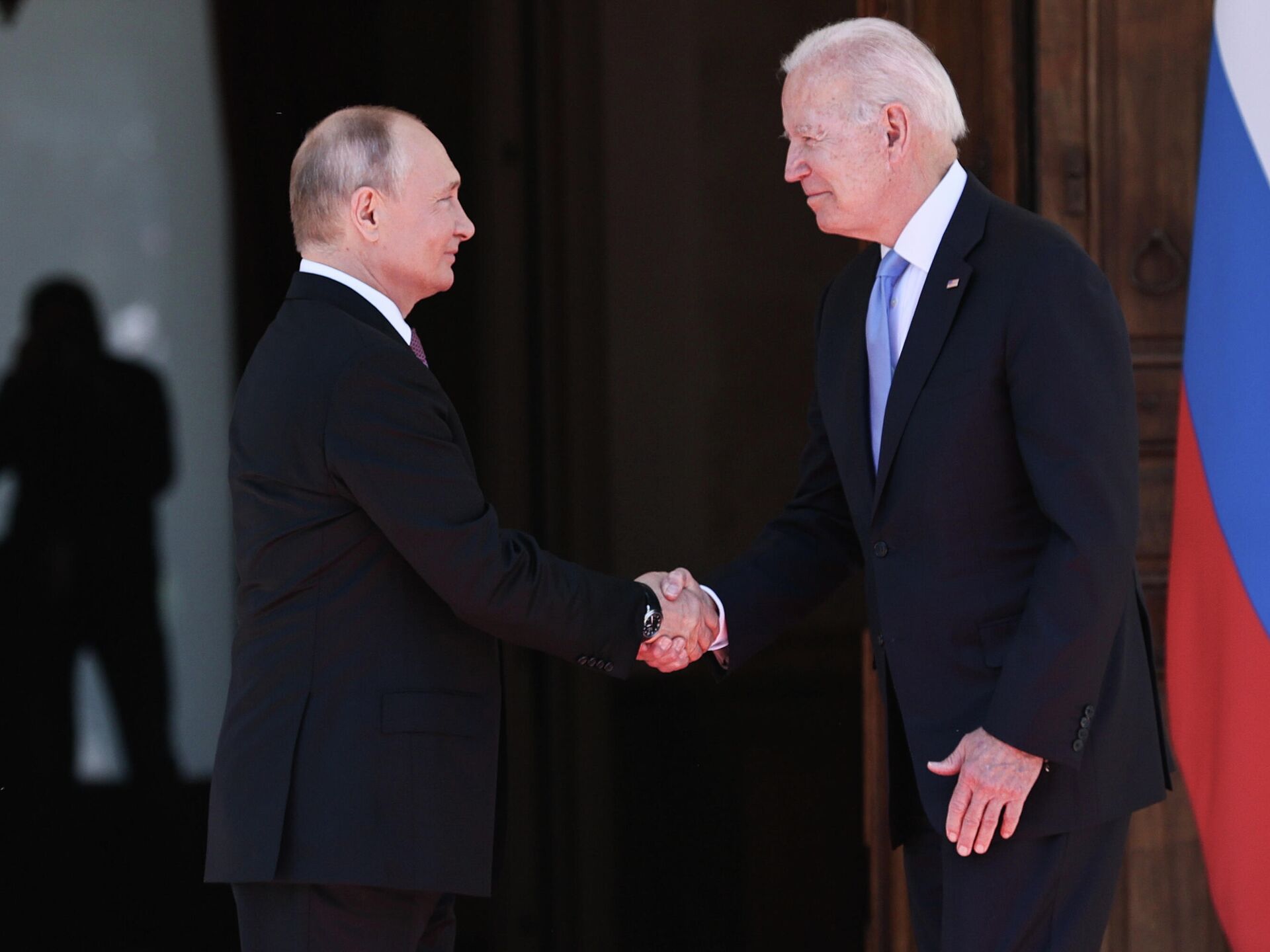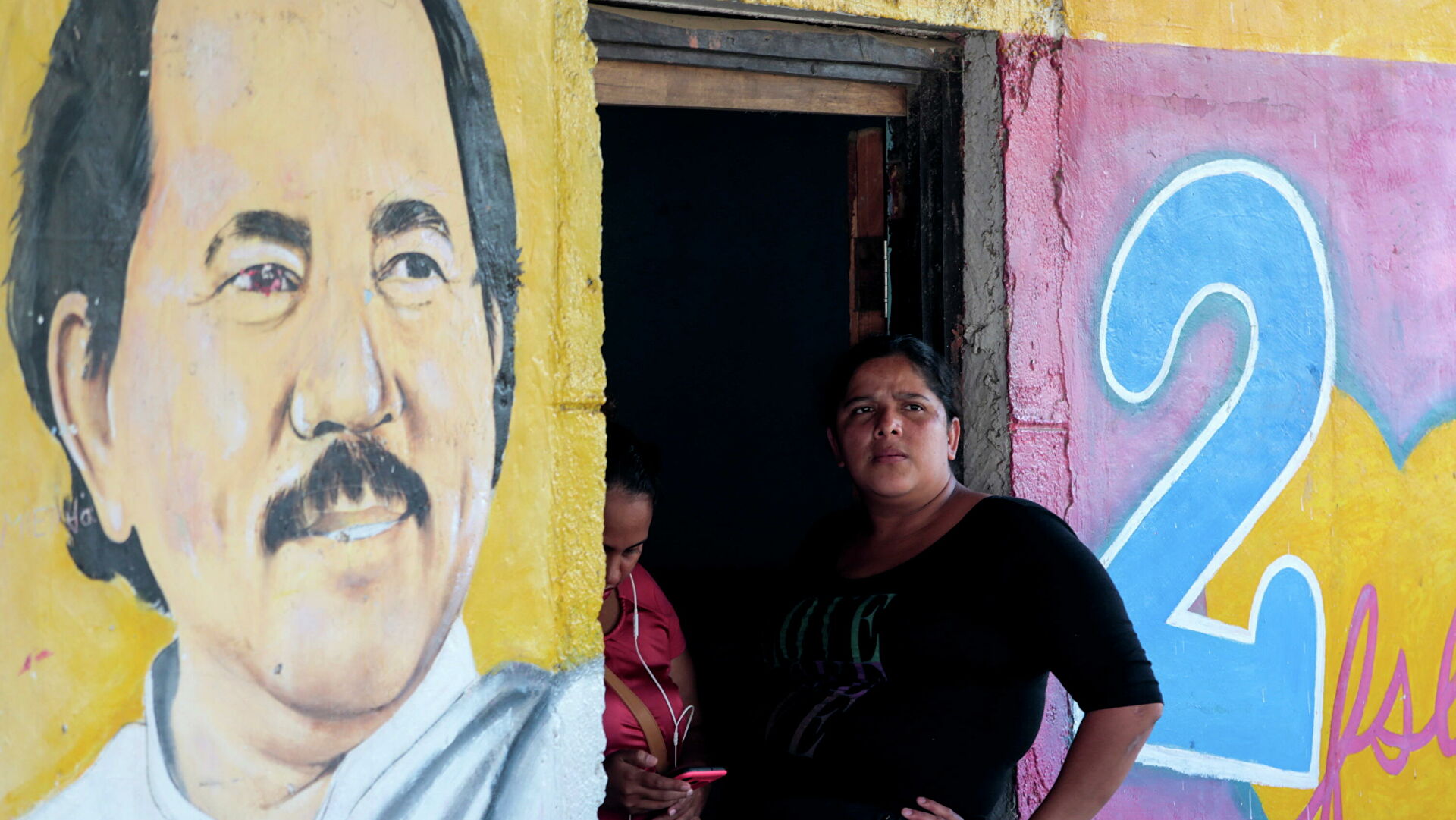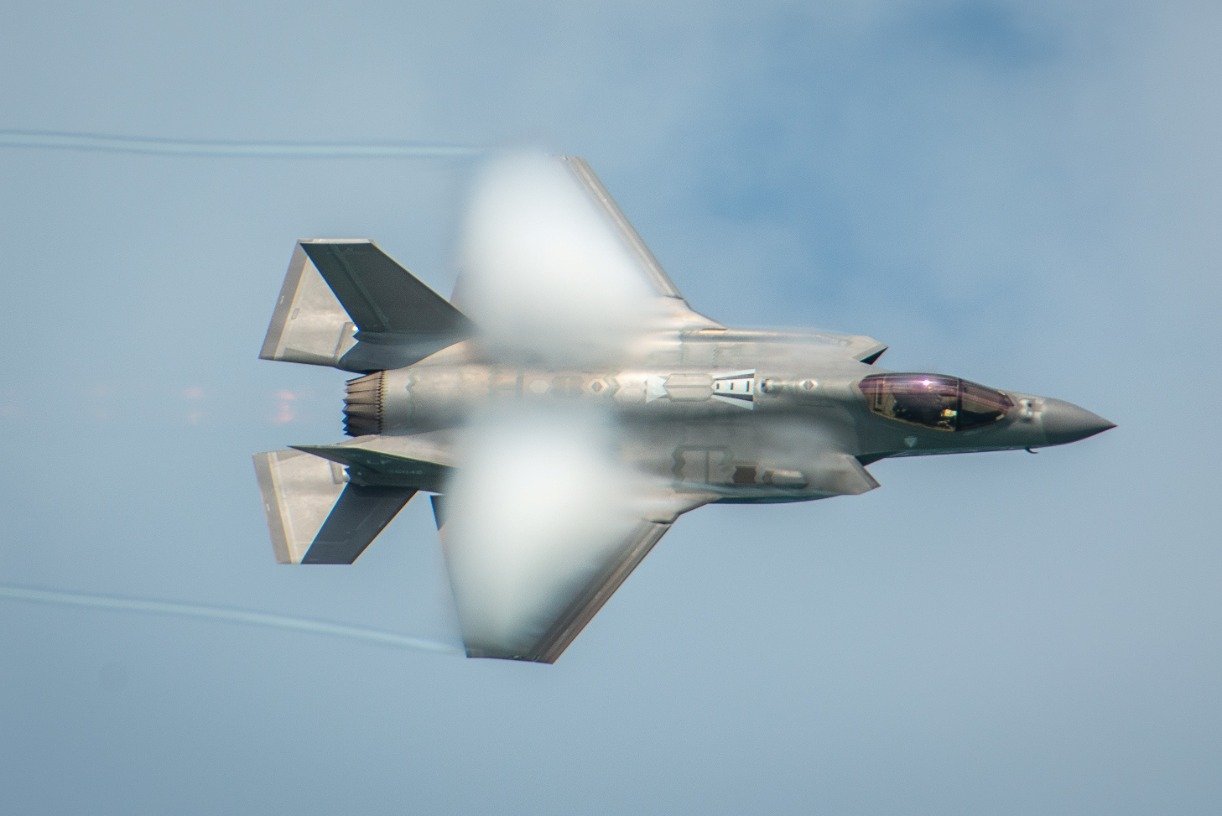It is difficult to argue that despite all its disadvantages the U.S. is the planet’s most powerful country. Many, however, see signs of an upcoming decline. The U.S. can no longer remain the world’s leader although it is not quite aware of this. This explains what can be peculiar about foreign policy challenges faced by any U.S. president brought up in the spirit of American exceptionalism. This cult goes back to the early days of the U.S. and has been an integral part of national self-identification. There were lots of objective and subjective premises that are researched by historians and psychiatrists. "We are more interested in the mere fact of the American complex of somebody else’s inferiority and the messiah mania resulting from it”, says Sergei Mikheev, director general for the Centre of Political Technology.
"America has its permanent foreign policy interests. It resorts to all possible means to reach its goals. The means usually just vary depending on the situation, the territory, the given historical context from moderate pressure and support to direct military campaigns. In this sense, there is no difference between Obama and Romney. Their debates on who should be viewed as America’s No.1 enemy should be looked at the prism of their election campaigns. Both Obama and Romney, as well as most of the country’s leading politicians share the idea of Pax Americana, and only their interpretations of the term can vary."
Actually, the idea is about the so-called ‘export of democracy’ which the U.S. views as a program to spread the rules and standards established in the American society, often ignoring fundamental historical and cultural circumstances that are in the way.
Meanwhile, experts who have monitored the course of the presidential campaign, do not rule out that a rare case of political collision could emerge to undermine the U.S. image worldwide. The presidential election in the United States is an indirect election, which means that the citizens vote for 538 representatives of political parties known as electors who cast votes on their behalf. In order to win, a presidential candidate must get at least 270 electoral votes. Currently, Obama and Romney are running neck and neck and each of them has chances to get 269 votes. If a candidate fails to get the majority of the vote, Congress elects the President and the Senate elects Vice-President under the terms of the 12 Amendment. As of today, Republicans hold the majority in parliament who will vote for Romney if needed. Still, Democrats are in control of the Senate, and they will elect Joe Biden, the current Vice-President of the U.S., who seeks another term in office.
Such a scenario will not just deepen the political gap in the American society but will cast doubt over the legitimacy of the new head of state. America is facing a blow which comes from the country’s political elite that is reluctant to admit that the U.S. mechanisms of democracy are no longer effective and are outdated.



_jpg/250px-ElbeDay1945_(NARA_ww2-121).jpg)









